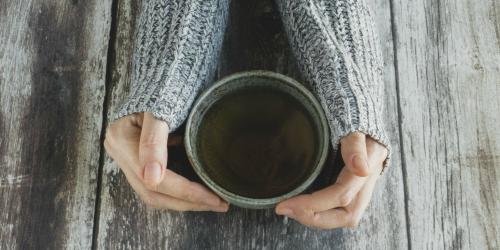In addition to being an ideal excuse for taking breaks at your workplace, coffee would also be beneficial to your health. As proof, the hundreds of studies published on the subject! So what are the true virtues of coffee on our health?
- Coffee to fight against erectile dysfunction
It would be enough to consume two cups of coffee a day to reduce erectile dysfunction. This is what a study published by researchers at the University of Austin has just shown. According to this study, men who drink at least two cups of coffee a day "would see the occurrence of erectile dysfunction decrease by 42%".
- Coffee prevents certain cancers
Another little known benefit of coffee is its anti-cancer action. Daily consumption could indeed prevent some cancers. But beware, Tom Brenna, professor of nutrition and chemistry at Cornell University in New York, insists that "it would be a bad idea to tell the public that coffee can cure cancer." Still, it seems that this drink has a protective effect on the body, and thus delay or reduce the risk of cancer.
- Coffee reduces the number of strokes
Coffee would also affect cardiovascular disorders ! This is indeed what a study conducted in Japan showed 34,670 women aged 49 to 83 over a period of ten years. As a result, of those women with stroke, most had less than a cup of coffee a day.
- Coffee, ideal against depression
Another virtue and not least that scientists lend to coffee? His antidepressive action! Indeed, a study published in 2011 showed that people (more specifically women) who consume coffee daily are less prone to this type of psychological disorders.
- Coffee helps fight Parkinson's
The coffee would finally affect Parkinson's disease, but also Alzheimer's. Although doctors are not yet able to advise patients suffering from these diseases to consume more coffee for the time being, various studies have nevertheless proved the impact of this drink on the development of these diseases. According to a 2010 study, for example, "coffee drinkers are 25% less likely to develop Parkinson's disease than people who do not drink".


